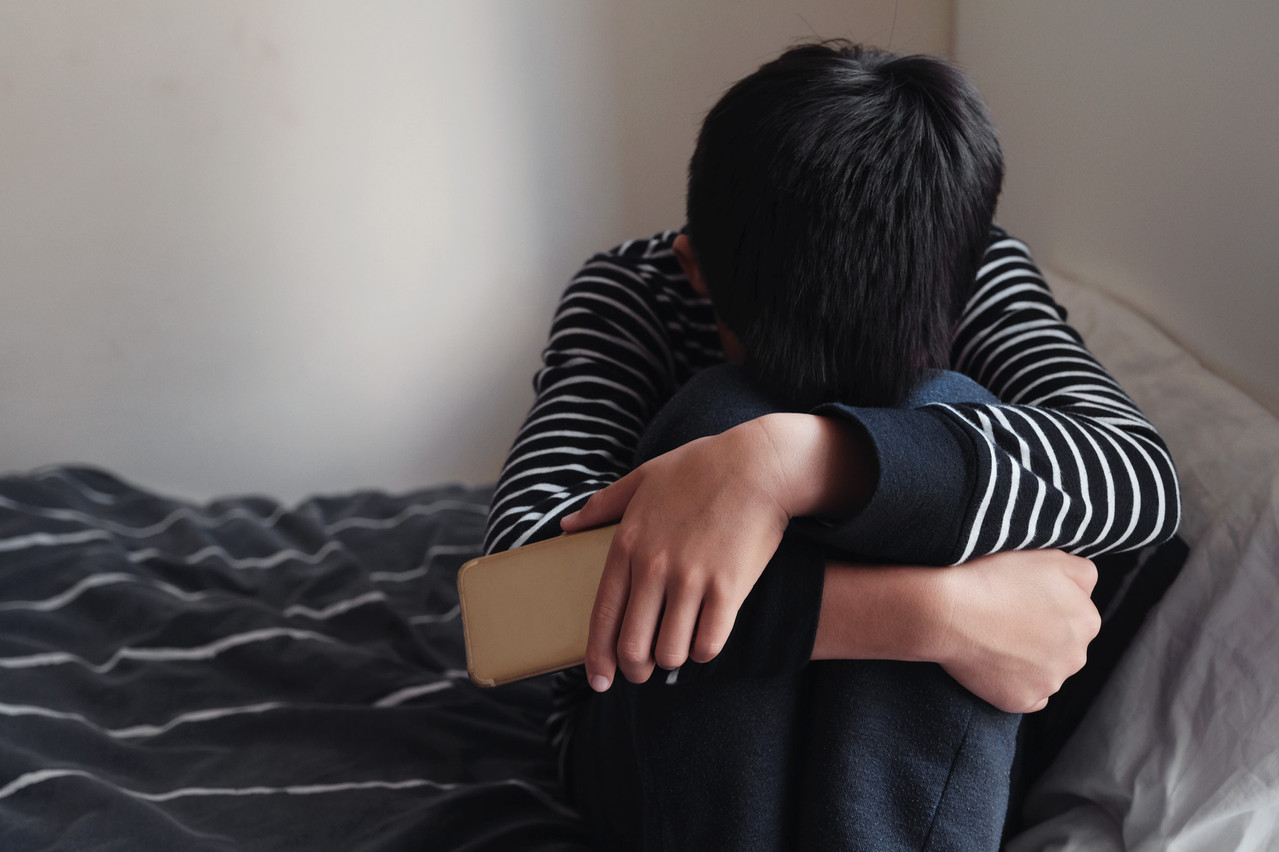One in five young people say they feel depressed or have no desire to do anything. This is the result of a survey conducted by Unicef in 21 countries in the first half of 2021, including France, where the rate is 24%.
Although these figures are likely to have been influenced by the effects of the pandemic, Unicef believes that "children and young people could feel the effects of Covid-19 on their mental health and well-being for many years".
13% worldwide, 16.5% in Luxembourg
In its 2020 global study, UNICEF estimates that 166 million young people, around 13% of people aged 10 to 19, have a mental disorder. In Luxembourg, this rate rises to 16.5%, according to 2019 data. Mental health problems include depression, anxiety, bipolar disorder, eating disorders, autism, behavioural disorders, substance use disorders, attention deficit disorder, mental disability and schizophrenia.
Less recent data - from 2014 - indicates that 23% of students aged 12-18 have felt so sad and hopeless that they have ceased normal activities. 15.2% report having seriously considered suicide and 7.7% have attempted to take their own life. The pandemic has only aggravated the situation, according to Unicef Luxembourg.
Concrete measures expected
While only 2% of public budgets worldwide are allocated to mental health, Unicef cites the London School of Economics, which estimates that the contribution to economies lost due to mental disorders leading to disability or death among young people is some €337 billion per year.
Unicef Luxembourg advocates providing better information both for assistance services in the mental health sector and on the subject in general, notably at school, or through more statistics as a way to avoid stigmatisation. It also criticises a lack of training for teachers and the lack of facilities to accommodate young people.
Another solution would be to cover the costs of psychotherapy. Unicef also wants parenting programmes to help families create a positive environment. Finally, it is calling for a national strategy for young people's mental health, as a 2010 strategy "never came to fruition".
